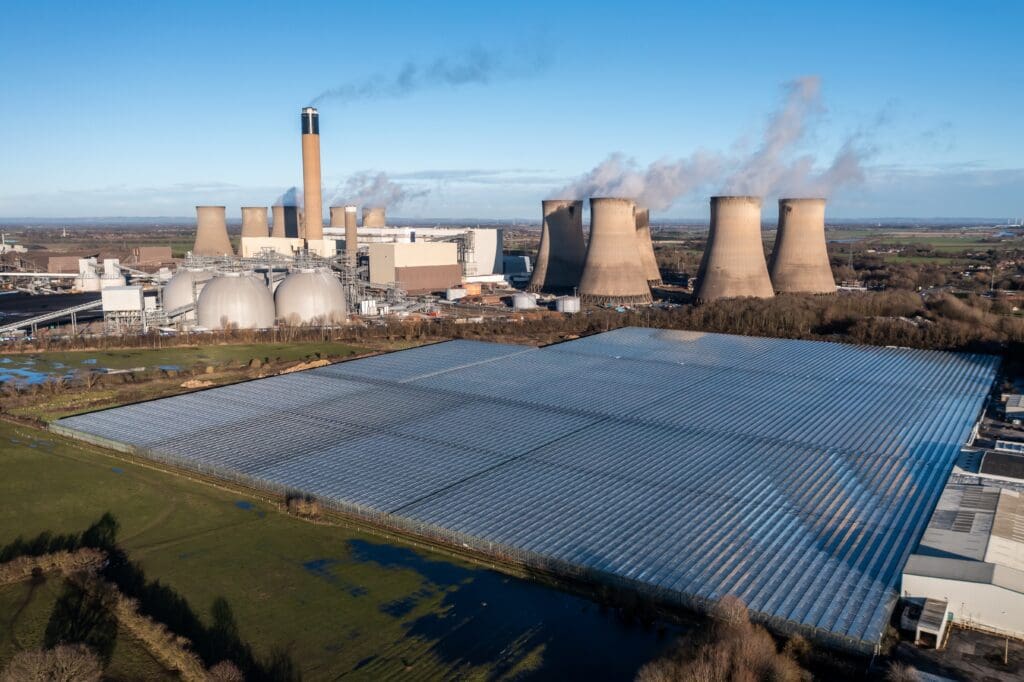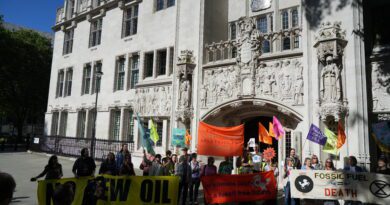Share of electricity generated by fossil fuels in Great Britain drops to record low

Great Britain has witnessed a remarkable drop in the share of electricity generated from fossil fuels, reaching unprecedented lows this month.
Data from the National Grid’s electricity system operator (ESO) indicates that gas and coal accounted for just 2.4% of power generation during a single hour on Monday 15 April, marking a record low.
Moreover, over the course of an entire day earlier this month, the share of fossil fuels in the generation mix plunged to a record low of 6.4% on 5 April. These figures underscore the significant progress towards the ESO’s plans to operate a “zero-carbon grid” for Great Britain for short periods starting next year.
Craig Dyke, the director of system operations at the ESO, said Britain had made “excellent progress” towards this goal and there had already been periods when the grid had run safely on more than 90% zero-carbon power.
This achievement represents a stark contrast from 15 years ago when gas and coal power plants dominated the electricity mix, accounting for 75%, while renewables contributed a mere 2%. Last year, fossil fuels constituted only a third of Great Britain’s electricity generation, with renewables accounting for 40%.
Recent research by Carbon Brief highlights a significant increase in the frequency of short periods where fossil fuels contributed less than 5% to Great Britain’s electricity generation. In the year to date, there have been 75 half-hour periods with such low fossil fuel contributions, more than quadruple the number recorded last year.
This record low in fossil fuel generation coincided with an abundance of renewable energy sources, with wind power constituting approximately half of electricity generation and solar power contributing over 30%. Nuclear reactors also played a significant role, generating more than 13% of Britain’s electricity.
As low-carbon generation continues to expand, gas-fired power was squeezed to just 1.8% of Great Britain’s electricity generation, while the country’s last remaining coal power plant, located at Ratcliffe-on-Soar in Nottinghamshire, contributed only 0.6%. The closure of this plant is scheduled for September.
Dyke said: “This is a culmination of a significant amount of effort over a number of years. It’s not just about technologies, it’s about hearts and minds and processes and systems and people working together across the industry, the energy regulator and government.
“Getting to the 2025 ambition has been a significant engineering challenge, which we are solving.”





